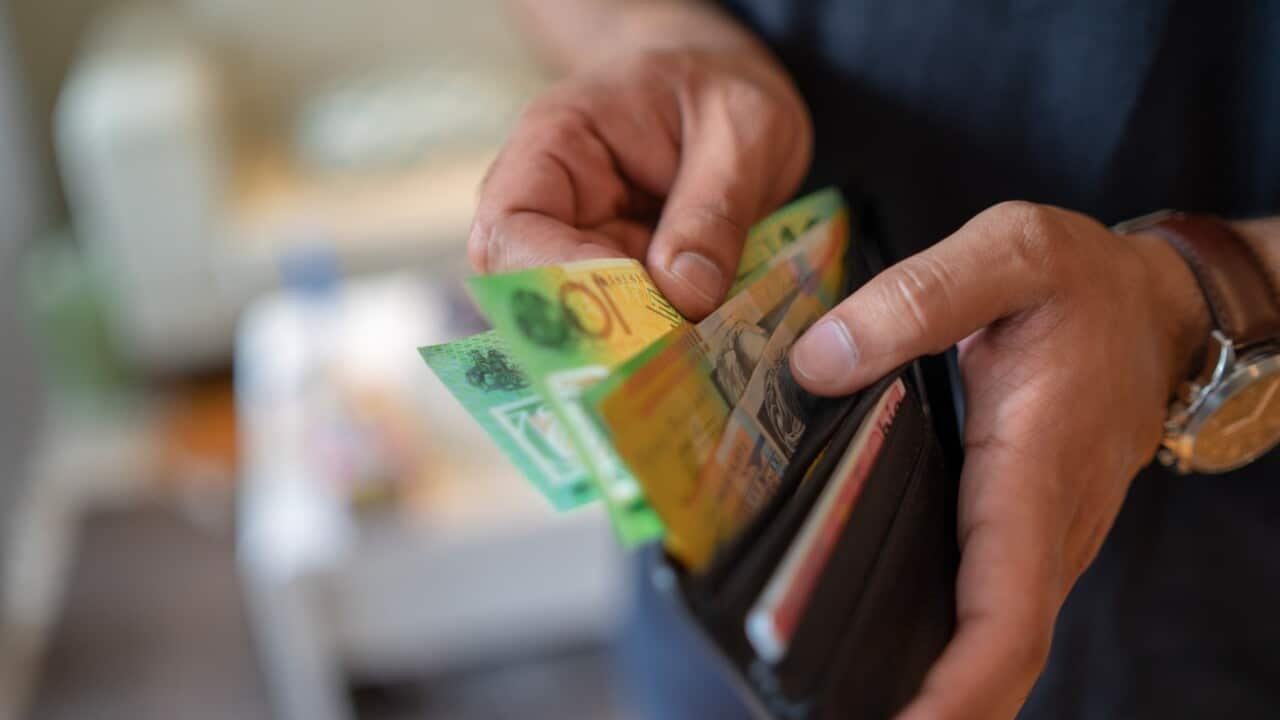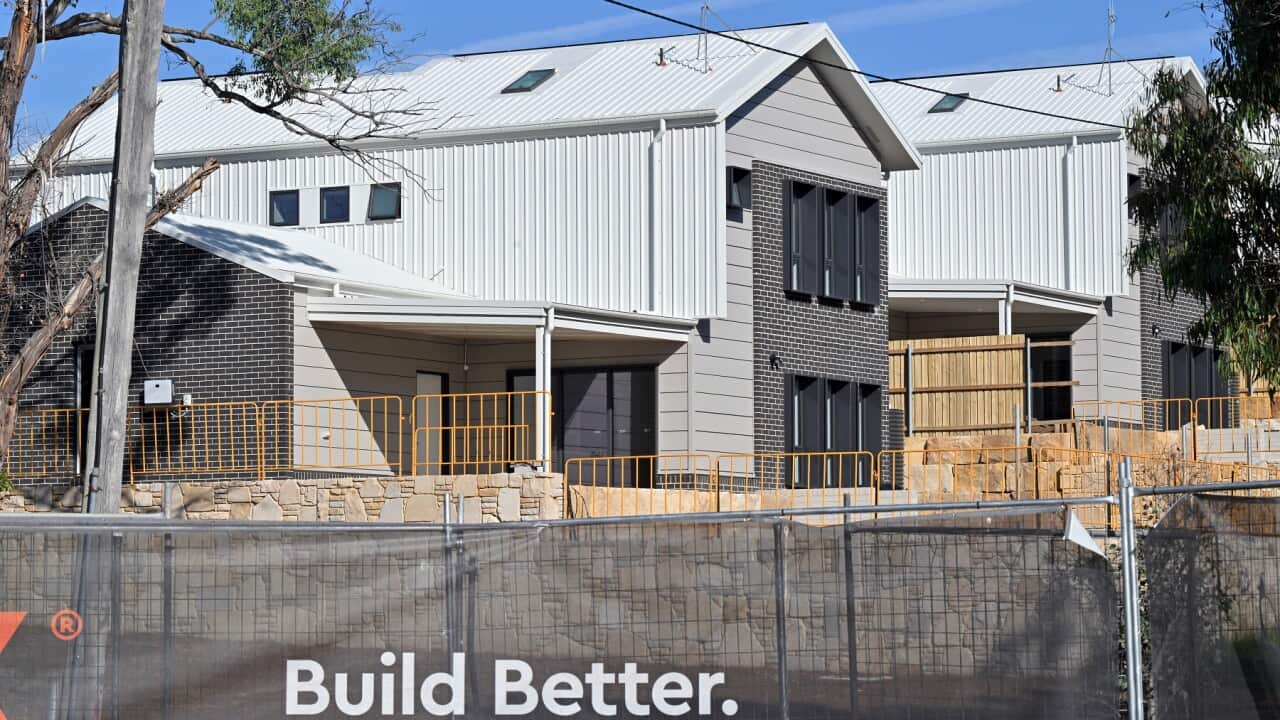Italian
** La Fair Work Commission annuncia che il salario minimo aumenterà del 5,2 per cento
** Il piano del governo britannico di inviare i barconi in arrivo di richiedenti asilo in Ruanda entra in stallo
***
Il salario minimo aumenterà del 5,2 per cento, dopo una decisione della Fair Work Commission.
Nella sua revisione annuale dei salari, la commissione ha citato un brusco aumento del costo della vita e le previsioni sull’inflazione come fattori determinanti per la sua presa di posizione.
La decisione aumenta il salario minimo nazionale da $20,33 a $21,38 all’ora. Ciò equivale ad un aumento di 40 dollari alla settimana.
Il presidente di Fair Work Commission Iain Ross ha dichiarato che la decisione è stata presa dopo un’attenta considerazione.
"There has also been a sharp rise in the cost of living since last year's review. At the time of last year's decision, the consumer price index and the underlying measure of inflation both stood at 1.1 per cent. The comparable figures now stand at 5.1 per cent for the CPI and 3.7 per cent for the trimmed mean, or the underlying inflation rate."
***
La Camera di Commercio e dell’Industria australiana ha annunciato che i consumatori potranno pagare prezzi più alti a seguito della decisione della Fair Work Commission di alzare il salario minimo del 5.2 per cento.
La Camera di Commercio sostiene che l’aumento del salario aggiungerà 7,8 miliardi di dollari ai costi delle imprese coinvolte durante il prossimo anno.
Il presidente dell’organizzazione, Andrew McKellar, ha dichiarato che l’aumento del salario potrebbe vedere i consumatori pagare di più sotto forma di aumento dei costi indiretti o che potrebbe aggiungere ulteriore pressione all’inflazione.
"That will be a very considerable burden that those businesses will either have to take the bottom line, or pass on to their customers. It comes as a time when inflation is emerging as one of the most urgent challenges facing the Australian economy. And if we are to address that, if we are to remain competitive, then clearly, this is not a decision that will help."
***
Il primo ministro britannico Boris Johnson ha dichiarato che il suo governo andrà avanti con il suo piano di dirigere gli arrivi di barche di richiedenti asilo in Ruanda, nonostante gli intoppi legali.
Una sentenza giunta all’ultimo minuto del tribunale europeo dei Diritti dell’Uomo ha fermato il primo volo in partenza dal Regno Unito verso il Ruanda con a bordo sette persone.
Tutti I passeggeri sono stati fatti scendere dall‘aeroplano.
Johnson ha dichiarato che il governo si aspettava ci sarebbero state delle azioni legali.
"We think it is a sensible partnership we've set up with Rwanda. Yes, it may take a while to get working properly, but it doesn't mean we're not going to keep going. I think it is very important to continue to show the people smugglers that the business case is being undermined and that they're cheating people."
English
** The Fair Work Commission says the minimum wage will increase by 5.2 per cent
** The U-K government's plan to send asylum seeker boat arrivals to Rwanda stalls
***
The minimum wage will increase by 5.2 per cent, after a decision by the Fair Work Commission.
In its annual wage review, the commission cited a sharp rise in the cost of living and the inflation outlook as factors in its determination.
The decision increases the national minimum wage from $20.33 to $21.38 an hour. That equates to a $40-per-week increase.
Fair Work Commission President Iain Ross says the ruling was reached after careful consideration.
"There has also been a sharp rise in the cost of living since last year's review. At the time of last year's decision, the consumer price index and the underlying measure of inflation both stood at 1.1 per cent. The comparable figures now stand at 5.1 per cent for the CPI and 3.7 per cent for the trimmed mean, or the underlying inflation rate."
***
The Australian Chamber of Commerce and Industry is warning consumers may pay higher prices as a result of the Fair Work Commission's decision to raise the minimum wage by 5.2 percent.
They claim the wage rise will add 7.9 billion dollars to the costs of affected businesses over the year ahead.
The organisation's Chief executive, Andrew McKellar, says the wage increase could see consumers could pay more in the way of direct cost increases, or it could add more pressure to inflation.
"That will be a very considerable burden that those businesses will either have to take the bottom line, or pass on to their customers. It comes as a time when inflation is emerging as one of the most urgent challenges facing the Australian economy. And if we are to address that, if we are to remain competitive, then clearly, this is not a decision that will help."
***
UK Prime Minister Boris Johnson says his government will be persisting with its plan to send asylum seeker boat arrivals to Rwanda, despite legal setbacks.
A last-minute ruling from the European Court of Human Rights stopped the first flight from departing the UK for Rwanda with seven people on board.
All passengers were removed from the plane.
Mr Johnson says the government anticipated there would be legal challenges.
"We think it is a sensible partnership we've set up with Rwanda. Yes, it may take a while to get working properly, but it doesn't mean we're not going to keep going. I think it is very important to continue to show the people smugglers that the business case is being undermined and that they're cheating people."
Report by Greg Dyett




